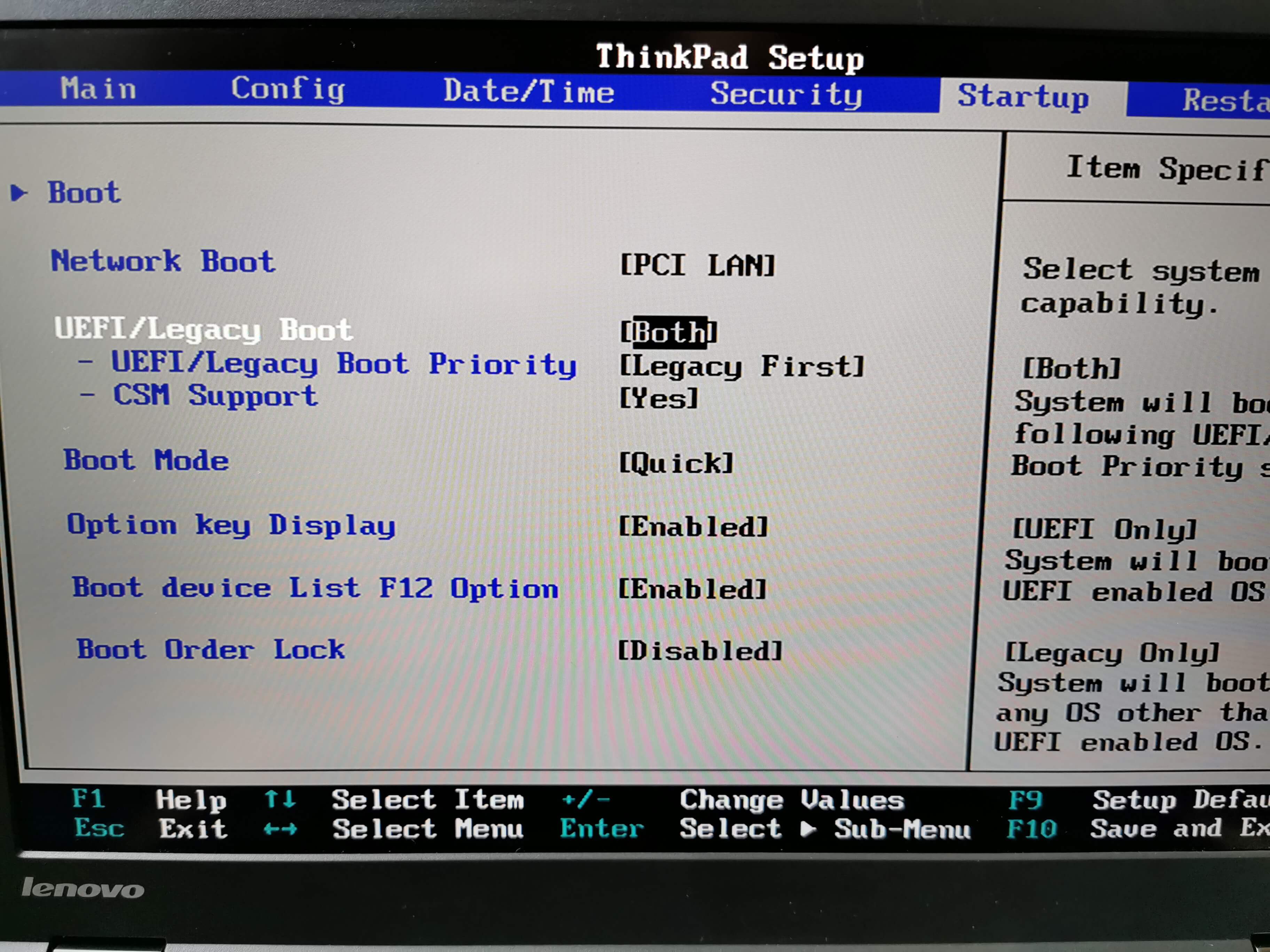

They must dispose of user data securely and in an eco-friendly manner to avoid breach. Now organizations need to shoulder a greater liability of their user data security and privacy.

Therefore, wiping a hard drive is critical to safeguard data privacy.įor businesses, wiping the hard drive and data is more important-not only to protect their confidential data and trade secrets but also their customer/user data-as governments across the globe are raising concerns about user data and privacy. If one gets access to your drive, even if it’s formatted, they can retrieve your private information in no time. While online attacks contribute to the most number of cases, offline and low-tech methods are also a significant contributor to the rise of identity theft cases across the globe.Īnd it all starts from how you or your organization protects and handles data or disposes a storage drive and devices with storage media such as PC, Laptops, Smartphones, etc.Ī PC or network hard drive contains not only your personal files you’d created or downloaded but also sensitive data stored by the system and applications.įor instance, a web browser stores your browsing history, saved password, card details, and more on the storage media. Whether you are upgrading your system or server by replacing traditional drives with SSD(s) or modern hard drive(s), it’s critical that you always secure wipe your HDD before disposing of to avoid unauthorized access to your data, prevent identity theft, and safeguard data privacy.įrom 15 million in 2017 to 60 million in 2018-that’s the number of American users affected by identity theft, as per the surveys by The Harris Poll.


 0 kommentar(er)
0 kommentar(er)
